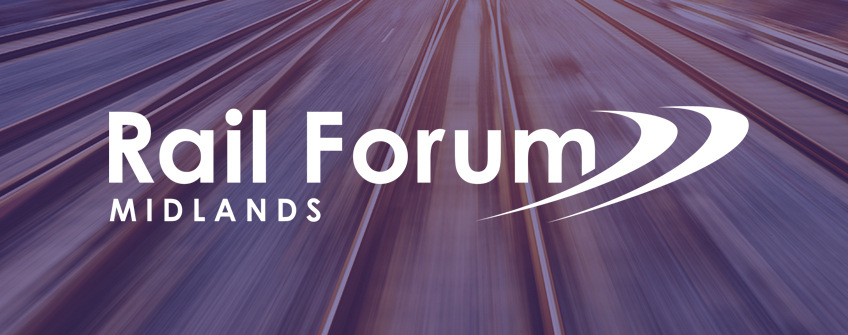RFM put the needs of their rail supply chain to the forefront and hosted a Brexit seminar at Derby’s Rail Research and Innovation Centre on 09 October 2019, for members. Register here to attend the touring Brexit workshop.
RFM’s communications co-ordinator has compiled the facts of the matter into a list to help members in the rail supply chain understand what they should be doing now that Brexit will happen in 2 weeks time, on 31 October at 11pm?
Key messages are:
- EU companies working with UK companies are now considering switching to EU suppliers as
reliance on a few suppliers can be limiting so it is wise to approach new suppliers to discuss doing business - map your legal and physical supply chain to identify the areas that could be impacted by Brexit
- UK businesses need to ensure that their accounts and business information are up-to-date and ready to be provided at very short notice for various import/export documentation, when it is required
- product categories vary between countries so this needs to be carefully checked, as mistakes are fineable
- the Chamber of Commerce can help registered companies with their paperwork, for a cost nationally, we have
- an import/export paperwork skills shortage – consider developing skills
- £16million of government grants will be provided to pay for IT and training in customs declaration completion – refer to HMRC guidance
- UK trade to the EU will be governed by EU laws which vary between countries – know the law
- UK importers and exporters need to establish an importer ID number UK EORI
- the UK government currently claims that for a twelve month transitionary period, 87% of imports will be free
- Rail Freight is not a government priority so no specific information exists to guide this sector
- the EU workforce will require support to enable them to continue working in UK
- Border checks can take longer – some countries will be more lenient than others
- there will be a transition period probably to December 2020 when EU will be more lenient, as the UK adjusts which will allow easier access to the labour market
- the Netherlands is currently that is most lenient EU country to the UK and easiest to trade with.
- French port customs are highly prepared, but it is envisaged that there will be many lorries bottlenecked in the UK because insufficient preparations have been made here to manage customs border so lorry drivers will suffer
- Intellectual property will need to be registered also in Europe, post-Brexit
- Tax duties will have to be paid for international trading in Europe and rates will differ in different countries – we will be taxed on both imports and exports.
- we will lose VAT simplifications due to departure and become an external country
- trade will be streamlined for UK companies that can process paperwork through their own office in EU countries where they trade so it will be beneficial to have an office if the trading country
- UK Government will give companies notice of changes in CE marking laws compliance, as this will change
Carefully follow the guidelines on European Funding applications.
CALLS TO ACTION:
CTA – liaise with freight agencies and ask they what they need from you
CTA – look at your supply chain and ask them if they are able to import post-Brexit
CTA – if you import and/or export you will need UK and EU EORI numbers – register now
CTA – ensure that you have good cash reserves to cope with trade disruptions
For more information, please refer to the Department for International Trade and RFM’s Brexit export webpage

